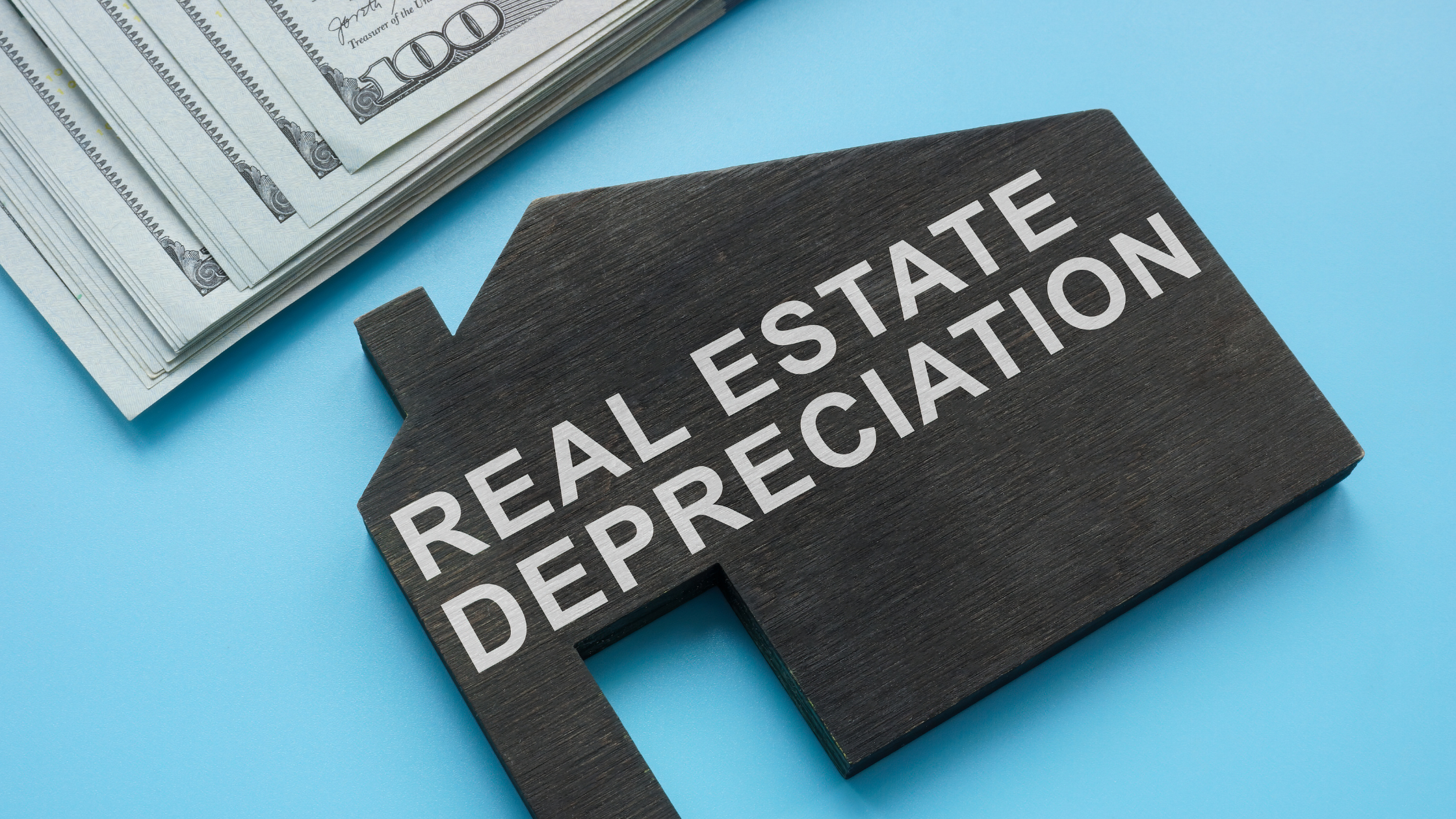We talk a lot about the benefits of owning real estate. Cash flow, asset appreciation, and tax deductions make for a great trio of benefits. What is less discussed is the other aspect – is it hard?
You might be thinking – Bryan - who wouldn’t want to spend fun-filled days funded by rent checks that arrive promptly on first of every month.
But is it that easy?
If real estate ownership was as “simple” as many social media profiles try to make it out to be, why isn’t everyone doing it?
As with most situations life throws at us, setting realistic expectations should be key and critical.
Simply put, how “hard” owning rental property is has a direct correlation to the investment goals you have. A buy & hold, fix & flip, lease-to-market, or rehab and refi will all have a wildly different set of goals and objectives – all coming with a varying level of difficulty.
Understanding your goals and setting realistic expectations will help you to project how “easy” or “hard” your investment property ownership might be.
Let’s consider some examples:
If you determine you are content with your day job and want to diversify your investment portfolio, finding a Class A apartment building might be “easier” to own, but will come with significantly smaller overall financial reward – with potential limitations to the ability to use depreciation deductions to their full extent.
On the contrary, perhaps you want to buy and renovate an apartment house or commercial property. Using bank debt and elbow grease, this could generate significantly higher financial rewards. Not surprisingly, this will be considerably “harder” than the first option discussed.
How to get started:
First, you need a significant amount of detailed knowledge OR an experienced team of professionals just to help identify what your investment strategy should be. Some critical questions to consider include – investment timeline, available equity, time dedication, potential cash flow, lending environment, necessity / availability of tax advantages, and possible downsides.
More strategic planning needs to be discussed and considered if you’re investing profits earned in your operating business. Structuring real estate acquisitions properly when also running another successful business as your “day job” can result in highly favorable tax treatment.
The bottom line is, if successful real estate investment was easy, everyone would be doing it. To help stack the deck in your favor, make sure you’re as knowledgeable as you can be and have the right advisors helping you through the process.




